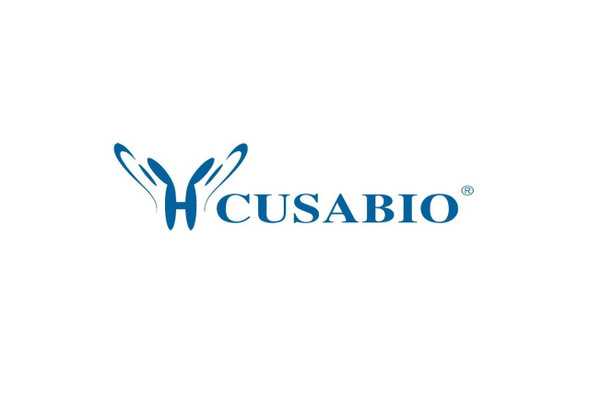Cusabio Polyclonal Antibodies
NDRG1 Antibody, FITC conjugated | CSB-PA835678LC01HU
- SKU:
- CSB-PA835678LC01HU
- Availability:
- 3 to 7 Working Days
Description
NDRG1 Antibody, FITC conjugated | CSB-PA835678LC01HU | Cusabio
NDRG1 Antibody, FITC conjugated is Available at Gentaur Genprice with the fastest delivery.
Online Order Payment is possible or send quotation to info@gentaur.com.
Product Type: Polyclonal Antibody
Target Names: NDRG1
Aliases: Protein NDRG1 (Differentiation-related gene 1 protein) (DRG-1) (N-myc downstream-regulated gene 1 protein) (Nickel-specific induction protein Cap43) (Reducing agents and tunicamycin-responsive protein) (RTP) (Rit42), NDRG1, CAP43 DRG1 RTP
Background: Stress-responsive protein involved in hormone responses, cell growth, and differentiation. Acts as a tumor suppressor in many cell types. Necessary but not sufficient for p53/TP53-mediated caspase activation and apoptosis. Has a role in cell trafficking, notably of the Schwann cell, and is necessary for the maintenance and development of the peripheral nerve myelin sheath. Required for vesicular recycling of CDH1 and TF. May also function in lipid trafficking. Protects cells from spindle disruption damage. Functions in p53/TP53-dependent mitotic spindle checkpoint. Regulates microtubule dynamics and maintains euploidy.
Isotype: IgG
Conjugate: FITC
Clonality: Polyclonal
Uniport ID: Q92597
Host Species: Rabbit
Species Reactivity: Human
Immunogen: Recombinant Human Protein NDRG1 protein (136-394AA)
Immunogen Species: Homo sapiens (Human)
Applications: ELISA
Tested Applications: ELISA
Purification Method: >95%, Protein G purified
Dilution Ratio1:
Dilution Ratio2:
Dilution Ratio3:
Dilution Ratio4:
Dilution Ratio5:
Dilution Ratio6:
Buffer: Preservative: 0.03% Proclin 300
Constituents: 50% Glycerol, 0.01M PBS, pH 7.4
Form: Liquid
Storage: Upon receipt, store at -20°C or -80°C. Avoid repeated freeze.
Initial Research Areas: Neuroscience
Research Areas: Epigenetics & Nuclear Signaling;Neuroscience;Cancer;Signal transduction






